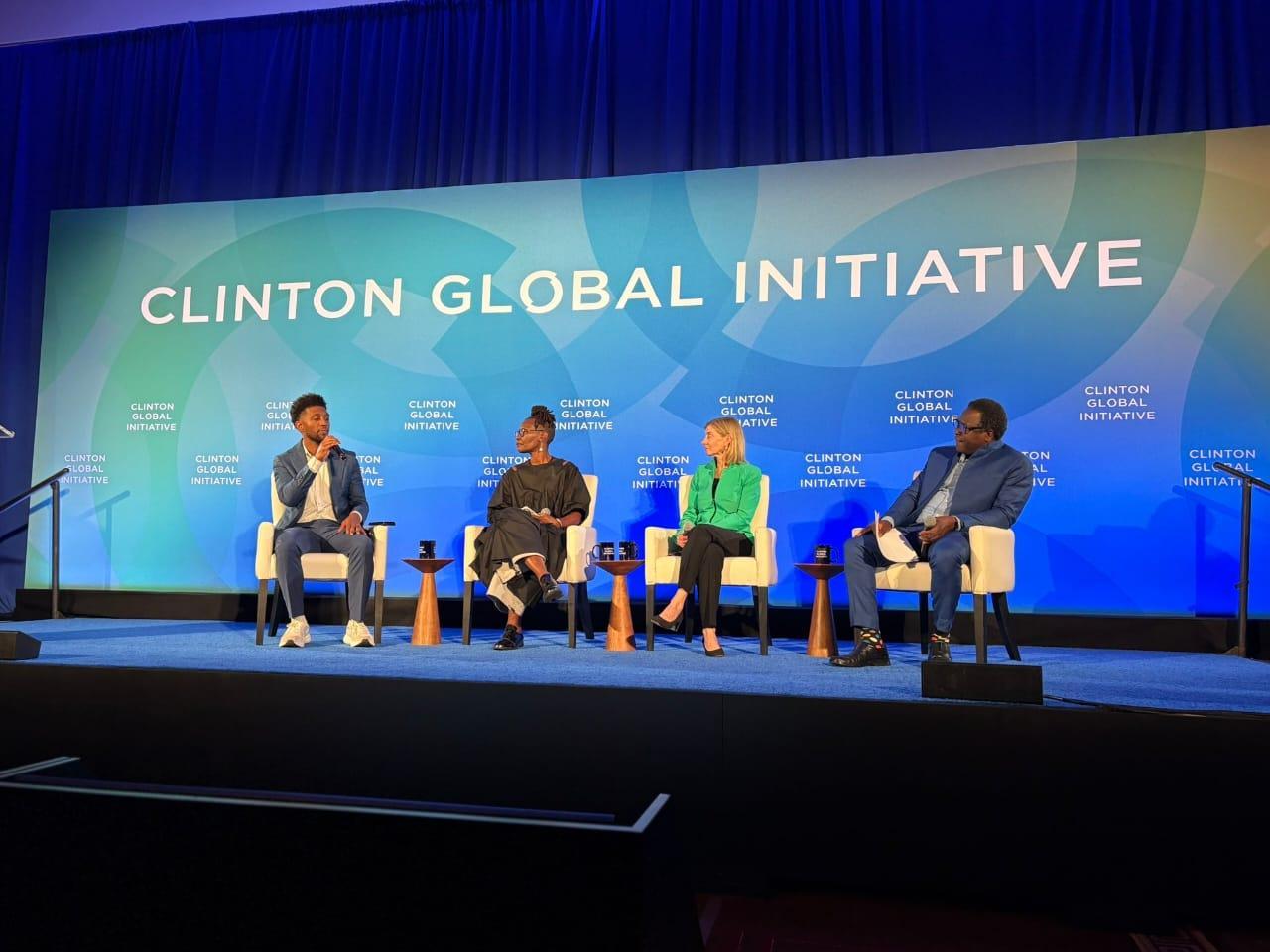Africa-Press – Kenya. Governments must embrace civil society organizations to strengthen service delivery as states worldwide struggle under overlapping crises, global leaders have urged.
This call was made at the Clinton Global Initiative (CGI) 2025 in New York during a session titled “Civil Society Filling the Gap.”
The panel, moderated by Dr. Kennedy Odede, founder and CEO of Kenya’s Shining Hope for Communities (SHOFCO), brought together leaders from philanthropy, nonprofits, and local government to highlight the growing role of civil society in addressing gaps once filled by governments.
Panelists included Linda Lindborg, President and CEO of the David and Lucile Packard Foundation, Dierdre Williams, Director of Grants at the Open Society Foundations, and Brandon Scott, Mayor of Baltimore City.
They agreed that civil society has become essential in areas such as healthcare, education, clean water, and governance.
Dr. Odede, whose organization supports more than 4.1 million people in Kenya’s informal settlements and rural areas, said civil society is increasingly a frontline actor rather than a backup system.
“In the slums where I come from, civil society has become the safety net. It is in the forefront to fight for the rights of the people,” he said.
“We must realize that power belongs to the people. We have to keep organizing, speaking up, and not give up.”
Mayor Scott stressed that real change must be rooted in communities.
“You cannot fix broken systems from the top down. The people closest to the problem are closest to the solution,” he said.
“Growing up as a black kid in Baltimore, I was seen as a problem to be solved, not someone to be invested in. Our job as leaders is to align with the people, they have the power.”
From a funder’s perspective, Lindborg noted that philanthropy must move away from short-term, top-down projects and instead invest in long-term community-led systems.
“Too often, civil society is expected to do more with less, in the shadows of shrinking state responsibility,” she said.
“Community-led organizations often outperform larger institutions in adaptability, trust, and sustainability.”
Williams cautioned that civil society should not be reduced to mere contractors.
“Yes, we deliver services. But we also speak truth to power. If we are forced to choose between being efficient contractors and courageous critics, we all lose,” she said.
Dr. Odede emphasized that grassroots organizations are reshaping governance by building schools, water systems, health centers, and even community data systems.
But he warned against underfunding.
“If we expect civil society to carry the load, we better fund them like we fund agencies. You can’t run a city with volunteers and goodwill alone,” he said.
The session concluded with a clear message: civil society is no longer a stopgap but a vital partner in governance and service delivery.
For governments facing growing crises, embracing and funding these organizations could be key to resilience and equity.
For More News And Analysis About Kenya Follow Africa-Press






